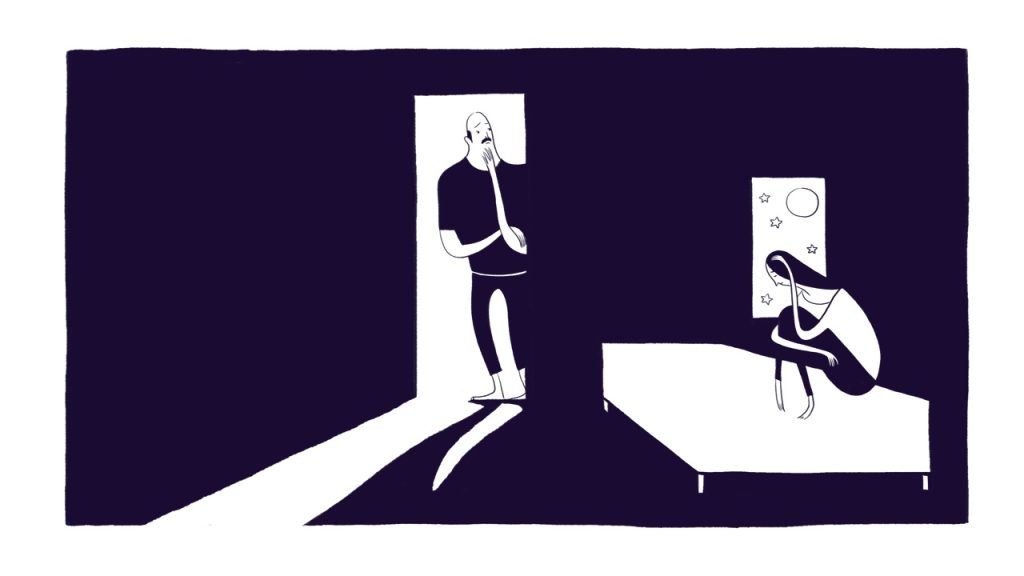This is Your Cue! Learn How to Recognize Motivation …

Your loved one’s motivation is not something you can create for them, but that doesn’t mean you are without resources. It all begins with building a bridge of communication and creating trust. This will require patience.
This post originally appeared on the Allies in Recovery member site. Becoming a member gives you full and unlimited access to our e-learning platform, where you can learn the CRAFT method of intervention with an addicted loved one. You will also be able to dialogue with experts in the field of addiction, research treatment options, and connect with others who are in similar situations.

At Allies in Recovery, we believe that motivation must come from within
You can be the most supportive, nurturing, understanding person and you still won’t be able to make your addicted loved one feel motivated to change.
Conversely, you can be highly skilled at guilting, convincing, forcing, intimidating, and you still will not create any true or lasting motivation. In fact, you’ll likely make things worse this way.
It is critical that you – as their ally – understand that you can’t create motivation. And it is equally critical that you know there is something you can do!
Setting the Stage for Your Entrance
As you follow the Allies in Recovery program based on the CRAFT principles, you will be making effort each day to (re)build a bridge between you and your loved one. Do not worry if bridges have been burned in the past. Today is a new day and the bridge you need to create between you is built gradually, sustainably, one day at a time.
How do you set the stage to effect change?
- You are going to take a good look at the way you communicate with your loved one and practice cutting out the negative talk.
- You’re going to learn reflective listening and use it, encouraging your loved one to hear their own words.
- You’re going to recognize which parts of the puzzle are yours to work on (limiting excessive worry, committing to self-care…), and
- You are going to begin rewarding moments of non-use and stepping away when you see use.
The more committed you are to this program, the deeper and broader the change will be around you. Soon the bridge will be much sturdier. The stage will be set. You’ll be ready to listen for your cue.
The Wish or the Dip: a Fleeting Moment That You Shouldn’t Miss!
“I wish I were qualified to do an interesting job,” “I need to get my life together,” “I want my own place” … these are examples of your loved one expressing a WISH for their life to be different, better.
“I miss my friends,” “I feel lonely,” “I can’t live like this anymore” … here are few examples of your loved one expressing a DIP, a low-down moment. Your loved one is feeling bad and is admitting it.
Chances are, you won’t be hearing any wishes or dips until you’ve done some bridge-building. To get to that place where your loved one feels comfortable sharing a moment of vulnerability with you, there will have been some serious trust-building effort on your part beforehand.
Your job, once that atmosphere of trust and clarity is in place (they’ll be clearer on what you accept/encourage and what you will no longer stand by and accept), is to get the props ready for your next role…
The Expression of a Wish or a Dip is Your Cue – Are You Ready?
With the expression of a wish or a dip, your loved one is sending you a signal that they may be ready to accept some gentle help, or at least hear what you have to say.
Say little. Focus on treatment. Remember that you can offer and guide, but you cannot insist on change. Be prepared!
Have your list of possible treatment facilities, or therapists, all ready in your back pocket. For more on the research you’ll need to do to get to this point, watch our video module on Talking about Treatment. For Allies in Recovery members, review our page in the Supplement that gives an overview of Levels of Treatment Providers as well as the page on Allies in Recovery’s Resource-Finding Methodology.
Yes, this is work! And yes, it will take time. But we are here for you each step of the way. We want you to succeed with this challenge. We want your loved one to get professional help and for the situation to improve for everyone in your family.
Lean on us, ask us whatever questions you need. Let us hold you up with the CRAFT framework, which has worked for thousands of families and, with some effort, can bring relief and progress to your circumstances.
A membership at Allies in Recovery brings you into contact with experts in the fields of recovery and treatment for drug and alcohol issues. Our learning platform introduces you to CRAFT and guides you through the best techniques for unblocking the situation. Together we will move your loved one towards recovery. Learn more here.
